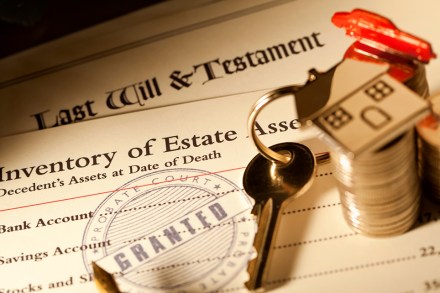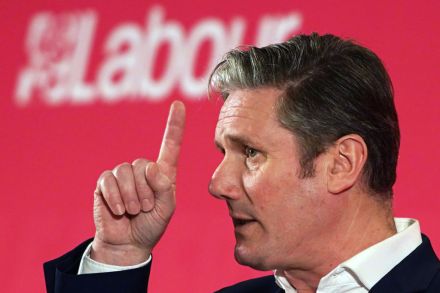What’s the point of a degree?
‘Place nose on dot.’ That’s what my screen is telling me to do as the first step in a ‘liveness’ test I must complete to be accepted as a signatory on a club bank account. But if I align the image of my face with the dot, nothing happens. If I press my nose to the screen, I go cross-eyed. And if the test’s purpose is to make sure I’m not dead, it would be simpler to ask me to shout at it. After the sixth failed attempt, that’s what I do – cursing the modern world in which identity fraud is so prevalent that all new connections between customers




















